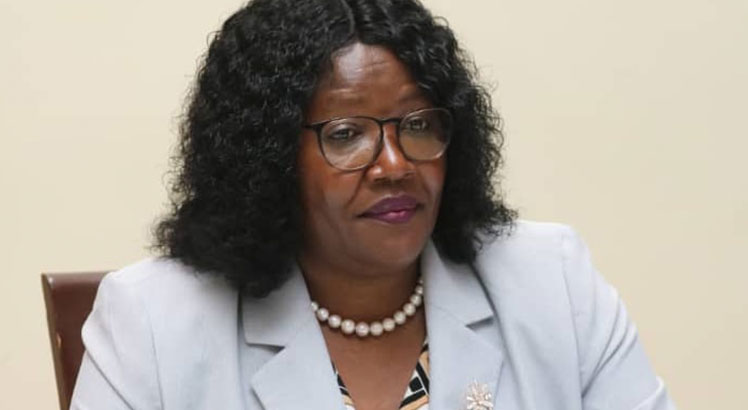10% of education budget lost to class repetitions
Stakeholders have decried the worsening repetition rate in public primary schools, with associated losses estimated to be 10 percent of the overall education budgetary allocation.
This follows findings of the 2023 Education Sector Performance Review Report (ESPR) that poor investment in lower primary school grades is leading to high repetitions.
Educationist Dr Steve Sharra, a delegate to the two-day Education Joint Sector Review (JSR) Meeting in Lilongwe, where the ESPR was released, observed that the National Annual School Census indicates that 1.3 million learners are repeating a class this year alone, translating to about K50 billion loss as government spends an estimated K38 000 per primary school learner annually.
He said high repetition rates affect pupils’ class progression and completion rates, and put a strain on resources in the education sector.
Said Sharra: “The money being spent is about 10 percent of the 2022/23 education domestic budget of K478.5 billion.
“Ultimately, such high repetition rates are a major contributor to students being pushed out of the system, which leads to very low primary school completion rates.”

He described the situation as serious, especially considering the resource constraints obtaining in the education system.
Presenting her keynote address at the opening of the meeting on Wednesday, University of Malawi Centre for Education Research and Training research fellow Esmie Kadzamira said the biggest challenge in the country’s education system is that junior primary classes are not prioritised.
She said: “Standard One is the most challenging class to teach, but you will find that more teachers and the best teachers are assigned to higher grades. Yet it is children in lower classes that need more attention to understand issues.
“The lack of investment in junior classes affects learners ability to understand issues.”
In the 2023/24 National Budget, the education and skills development sector has been allocated about K603 billion which is about 15.6 percent of the national budget.
In her remarks, Ministry of Education Principal Secretary Chikondano Mussa said the ministry has put in place measures to address the challenges, including developing a policy to decongest classes by among others, constructing more schools and expanding existing ones.
“The forum seeks to improve learning outcomes and strategies deployed to solve critical areas which can improve education in the country,” she said.
Minister of Education Madalitso Wirima Kambauwa said yesterday the Joint Sector Review Meeting will help find solutions to the challenges that the ministry is facing.
Meanwhile, Social Sectors at EU Delegation in Malawi team leader Michelle Crimella has commended the ministry for its commitment towards expanding and improving standards in the education sector, but called on government to address the challenges to build a strong foundation.





